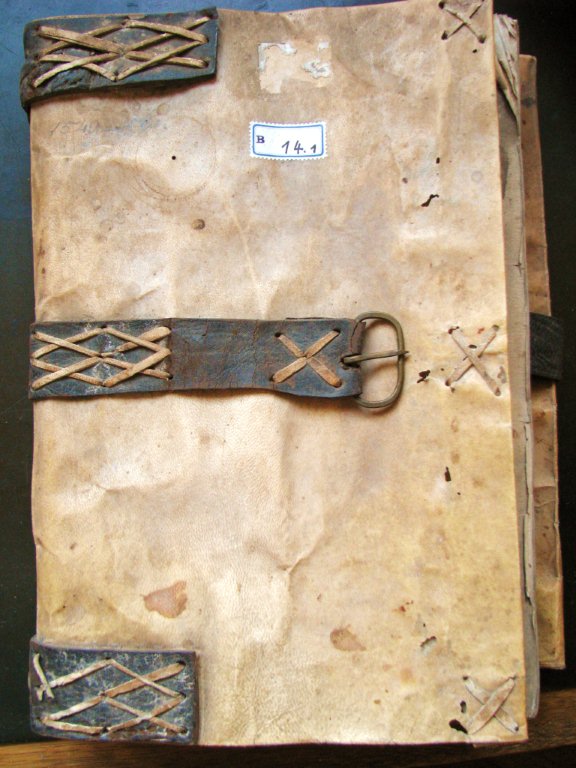INSTITUTE FOR RESEARCHING INTO GENEALOGICAL HISTORY (IRgH)
myhistory.ch
Spelling of family names
What is the spelling of your family name in the course of time?
Sometimes we may come across somebody with a family name which is but marginally different from ours. The differences may, for instance, be a double „s“ instead of one, „ie“ instead of „i“. On such occasions people often claim that different ways of spelling of this kind are proof of completely different families.
Such arguments, however, are not compatible with historical reality. As a matter of fact, most of our ancestors were neither capable of reading nor of writing. Only those persons with a high standing secular or clerical function can be supposed to have been capabale of this. Consequently, most ancestors were not in a position to comment on the spelling of their family names as they had no notion whatsoever of the meaning of letters. For the same reasons, contacts with authorities
or general dealings with religious institutions were dependant on the recording clerk or the notary. And they would note down the family names the way they would be pronounced by those concerned. However, as people would speak more or less distincly and in different dialects, as
under some influence of a foreign language names may have been pronounced differently, and as recording clerks and notaries would not always be the same persons, names used to be spelt in various ways. In the course of his parochial duties of some twenty years, one and the same clergyman may well have spelt the family name of one and the same person in different ways.
In the light of these facts, today’s spelling of family names can only be interpreted with caution.
If we want to find out more about the historical spelling of family names, we have to move back carefully on the time line, and when doing so be steadily aware of different ways of spelling. Quite often we can recognize certain influences which may have caused a certain way of spelling.
Service package 6
Spelling of family names
The IRgH offers to trace back the spelling of family names.
For post-refomatory times, various church registers serve as the basis for the investigations. If the customer requires research on pre-reformatory times, other documents will be consulted. The amount of additional work resulting from this varies according to the period defined by the customer. For this reason, the amount of additional work resulting from this is not very easy to assess and no clearly defined charges can be given. However, the IRgH will be pleased to offer overall charges that are acceptable to either side.
Costs: All-inclusive charges according to arrangement

